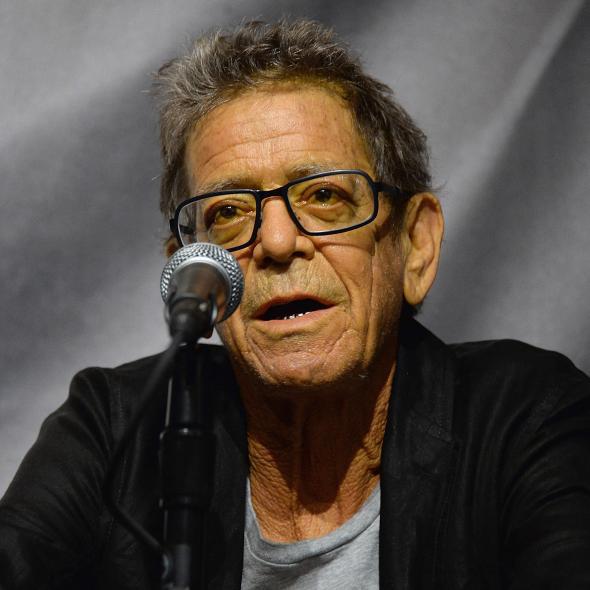Soon after Lou Reed’s death at age 71 on Sunday, Rostam Batmanglij of Vampire Weekend tweeted that the legendary rock star was “maybe the first out songwriter,” an allusion to his purported bisexuality. During his lifetime, Reed was famous for his sybaritic pursuits and unorthodox lifestyle. But was he bisexual?
He certainly wasn’t heterosexual. As a teenager, Reed displayed “homosexual feelings” that alarmed his parents, who forced him to undergo electroconvulsive therapy. (He vividly described the treatment in the song “Kill Your Sons.”) During his glam rock years, Reed’s on-stage persona frequently bordered on androgyny, which—combined with his well-known and tumultuous friendship with the openly bisexual David Bowie—created an impression of epicene pansexuality.
Throughout the ’60s and ’70s, Reed was also rumored to have pursued a number of same-sex lovers, though most of these stories remain pure scuttlebutt. Billy Name, a photographer and Factory regular, has claimed that he and Reed had sex in 1968, though their encounter sounds less than passionate. Better documented is Reed’s relationship with Rachel, a trans woman about whom little is known. Rachel toured with Reed in the mid-1970s, and the two were known to be lovers. Although Rachel seems to have identified as a woman, Reed referred to her as both genders, sometimes in the same breath. (“Nothing could impress her. He’d hardly heard my music and didn’t like it all that much when he did.”) After they broke up, Reed married (and later divorced) Sylvia Morales, a straight woman who was alleged to have a part-time job as a dominatrix.
Reed’s biographers, and many of his fans, often take his bisexuality as a given. Chris Roberts, author of Lou Reed: The Stories Behind the Songs, describes the singer as “a bisexual Factory burnout,” a “bisexual speed freak,” and a “bisexual student of Dostoevsky.” Some obituaries, too, have mentioned his bisexuality without explanation or qualification. But during his lifetime, Reed was perpetually evasive on the topic of his own sexuality. In an infamous “interview-cum-confrontation” with Lester Bangs, Reed waxed cryptic about the matter, saying:
The notion that everybody’s bisexual is a very popular line right now, but I think its validity is limited. I could say something like if in any way my album helps people decide who or what they are, then I will feel I have accomplished something in my life. But I don’t feel that way at all. … You can’t listen to a record and say, “Oh that really turned me onto gay life, I’m gonna be gay.” A lot of people will have one or two experiences, and that’ll be it. Things may not change one iota. … By the time a kid reaches puberty they’ve been determined. Guys walking around in makeup is just fun. Why shouldn’t men be able to put on makeup and have fun like women have?
When Bangs asked about Reed’s next album, Reed responded, “I may come out with a hardhat album. Come out with an anti-gay song, saying ‘Get back in your closets, you fuckin’ queers!’ That’ll really do it!”
Despite the occasionally brutal candor of his music, then, Reed’s sexuality will likely remain a point of opacity. In his later years, he married longtime girlfriend Laurie Anderson, and the two were, by most accounts, extremely content. The precise parameters of his sexuality, however, remain unclear. Whether Reed was bi, pan, or ambisexual, we only know for sure that he was, to the end, a thoroughly modern man.
For more on Lou Reed, read Rob Wile on how the singer helped bring down communism in Eastern Europe and watch this great PBS documentary.
